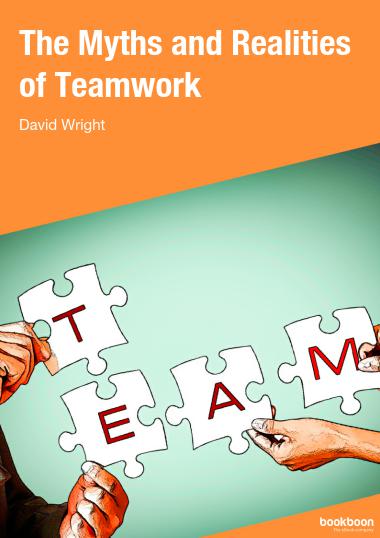Hi Tech Hi ‘Touch’
Touch in a Covid environment means a relationship connection.
Written by Bookboon Author, David Wright.
50 years ago, when technology was beginning to impact on the workplace, the vision was Hi Tech Hi Touch. This meant that as people began to stick their heads in computers (Hi Tech), they would also need good socialisation (Hi Touch) in order to sustain them in the workplace.
In reality, we witnessed very little Hi Touch at the time. Many years later, employers started to design workplaces for socialisation, with breakout areas, soft furnishings and coffee – all of which are important to the culture of socialisation but falls short of the “Hi Touch” that underpins workplace relationships.
The importance of socialisation
In addition, 30 years ago, the vision was that with advances in online technologies, people would work from home or multiple locations. In reality, working from home did not happen, with the exception of teams that were spread across a number of countries.
In the main, managers never really let go of task orientation approaches, underpinned by project management techniques. The human interaction and relationship side, while part of the project cycle, was often pushed aside or forgotten by line managers. Despite research and teaching, managers were predominately ‘task’ leaders and failed at relationships.
Human interaction
Task without socialisation and relationships is like eating muesli without milk – it is a very dry affair. On the other hand, only working on socialisation and relationships can lead to a ‘group therapy’ feeling and hurt productivity. Many line managers are doomed to failure unless they can match tasks with relationships.
Here is the ECG (electro cardio graph) illustration of the team’s and team leader’s pulse.

Recently, global managers have been focusing on output, forgetting to pay attention to team members’ needs, time zones and work-life balance issues. In 2005, a Deloitte study showed a 66% failure rate. A 2009 study from BCG and WHU-Otto Beisheim School then said that well-managed teams outperform those sharing an office space. I would add empowered teams to this equation – teams that build fun into processes have enhanced success.
Studies in the early noughties showed significant failure rates. However, more recent studies are showing productivity gains. For example, The Remote Managers Report 2020 makes interesting reading and demonstrates that a lot of thinking and attention must be given to trust and communications, before the real benefits and productivity are realised. The author’s view is that this study as well as other studies are still some way off from what can be achieved through well-managed and empowered teams.
What does well-managed mean?
“Well-managed” means both paying attention to task (Hi Tech) and relationships (Hi Touch). When projects fail, it is often due to a lack of balance. I would recommend managers recognise the full range of emotional needs of each individual within the team.
Case Study: I once coached a technology manager with twenty staff in Dublin, Ireland who needed to work on the West Coast of the USA for two years. He was tasked with running the office without slipping on productivity (task) or his 360-degree score (relationship). My role was to develop a relationship strategy of empowering staff, underpinned by strong communications. In fact, there was a relationship ‘contract’ designed for each individual’s needs and the team as a whole. The outcome was Hi Tech and Hi Touch from over 7,000km away, with on-site visits every three months. Why was the manager and the team more successful 7,000km away than when he shared the same office space? The answer was, the manager had previously taken the relationship side for granted, promising that his door was always open. Long story short, with a balanced approach of true Hi Tech and Hi Touch, everyone prospered.
Find out more about the author David Wright by clicking on his eBook The Myths and Realities of Teamwork.

